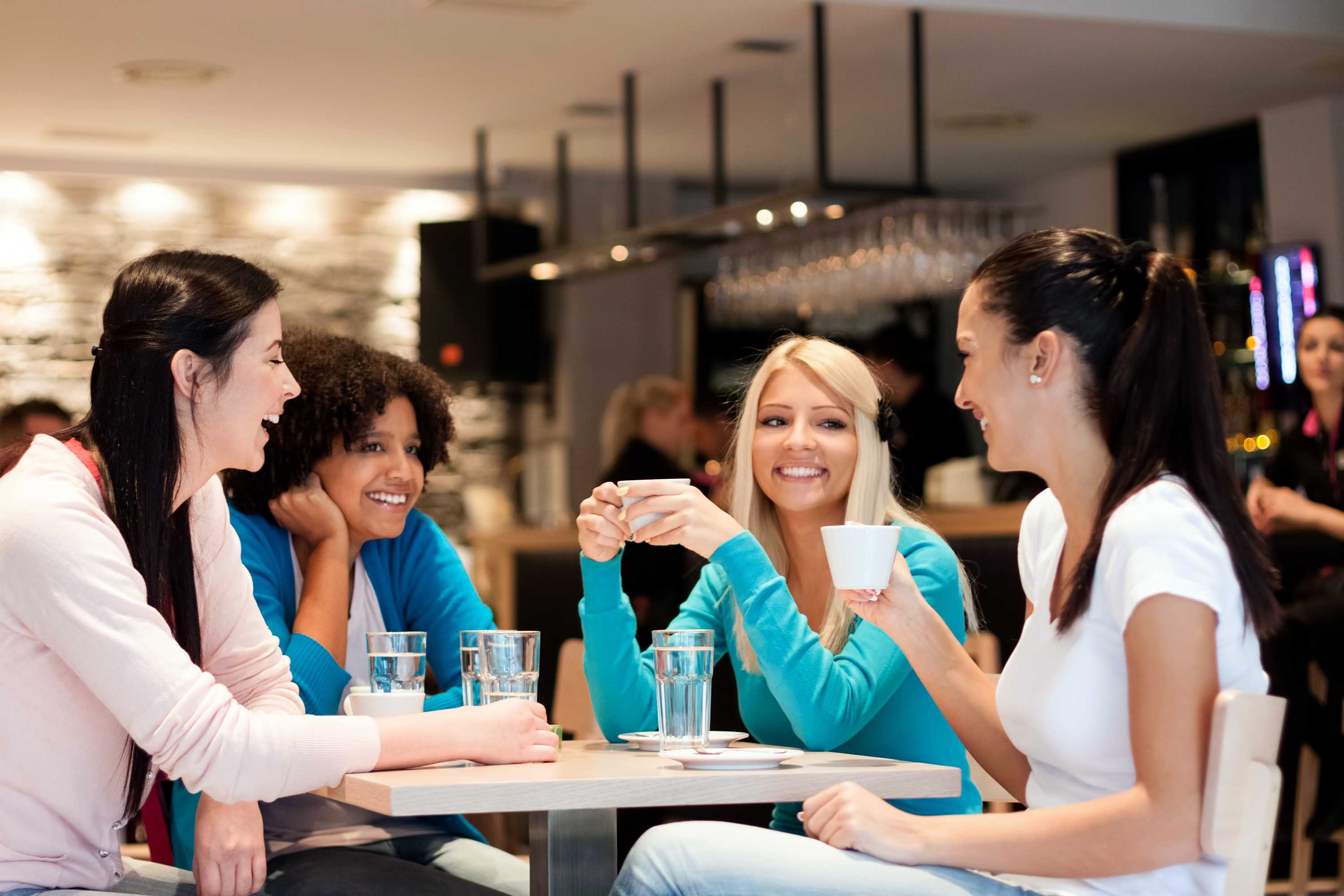LONDON, UK – A few months after lockdown restrictions were eased iin the UK and the retail and hospitality sector began to reopen, research conducted by Startle showed that half of regular consumers do not intend to visit coffee shops, restaurants and pubs with the same frequency as pre-lockdown.
The research questions whether some elements of the retail and hospitality sectors may be forced to adapt their long-term strategy, as a result of some of the shifts in lockdown consumer behaviour becoming permanent.
Ecommerce accounted for a third of GB retail sales in May
There is a marked difference in the challenges faced across the retail sector, depending on the area of the market that businesses operate in: for example, there has been in surge in demand for DIY and home entertainment products, whereas demand for clothing has plummeted shows the research.
Across all areas of the retail market through, the closure of all non-essential shops meant that consumers were forced to move to online shopping in the initial lockdown period, resulting in ecommerce accounting for 33.4% of all GB retail sales in May.
Despite the reopening of the high street in June, online spending is looking unlikely to decline much, probably due to a combination of convenience, concerns around the safety of physical stores, and continued working from home. This presents businesses with an opportunity to focus on building their online presence in order to offset the continuing effects of store closures, and an apparent decline in store visits post-lockdown.
Changing mindsets to spending, according to the research
Another changing retail trend is the move away from town centres to local highstreets. Whereas shopping locally was initially enforced due to the restrictions of lockdown, 59% of UK consumers have made a conscious effort to shop more locally to support independent businesses in recent months, with consumers becoming more mindful of the impact of their spending, says the research. In addition, the sustained working from home model favours outlets in suburbs as opposed to town centres – a trading trend seen in coffee shop businesses amongst others.
One fifth of consumers have also actively stopped purchasing from a brand due to its response to COVID-19. It is evident that a more mindful approach to spending, coupled with a demand for authentic brands is on the rise. Businesses will need to carefully consider how they can adapt to meet these market changes by, for example, reviewing their supply chains and their ‘out-of-city’ presence.
A hybrid approach
According to Startle’s research published on 28th August, almost 51% of shoppers found the experience of shopping less enjoyable than pre-COVID-19. Social distancing requirements, queuing, and the inability to browse, all impact on the enjoyability of the retail experience.
Creating physical in-store experiences with added value will be key in encouraging customers back, in order to cash in on valuable impulse purchases. Businesses may need to consider moving towards a more hybrid business model, building on the success of e-commerce, whilst encouraging customers back. For example, adapting a ‘click-and collect’ style approach, or introducing bookable virtual personal-shopping sessions are elements businesses may consider adopting.
Eating out, helping out?
In terms of restaurants, the government’s ‘Eat out to Help out’ scheme was used more than 10.5 million times in its first week leading to an increase in footfall in high streets across the country. At 27 August at least £336m has already been claimed across 84,000 outlets taking part in the scheme, with diners getting an average of £5.25 off their bill. The sector has great concerns that this surge in demand will not be sustained when the discount scheme ends, and are lobbying the government for an extension and considering schemes of their own.
Consumers have become used to cooking at home or using takeaway delivery services during lockdown and this, together with surveys suggesting a less enjoyable dining experience may cause dine-in footfall to decline when incentives are removed. It is clear that, similar to retail, a more hybrid approach incorporating additional sales channels such as takeaway, delivery, click and collect, frozen meals and DIY meal ingredient kits as well as dine-in services, could be beneficial.
Adapting and diversifying
It is clear that a number of factors are influencing customers to stay away from shops and restaurants in higher numbers than before. A decrease in enjoyment, the ease of online shopping, concerns about personal finance and job security, and a more mindful approach to brands are all factors potentially impacting on this decision – and could lead to permanent changes in the way businesses need to operate.
Taking advantage of government funding schemes in order to ease financial pressure, and ensure liquidity has been vital in the short term. Now we are moving away from the initial stages of survival, businesses will need to turn their attention to adapting to meet the challenges posed by changing consumer habits.
The industry has shown itself to be extremely resilient and adaptable and so recovery is an expectation, albeit in all likelihood embracing some permanent changes to the way some consumers behave and in how businesses serving them operate.


















